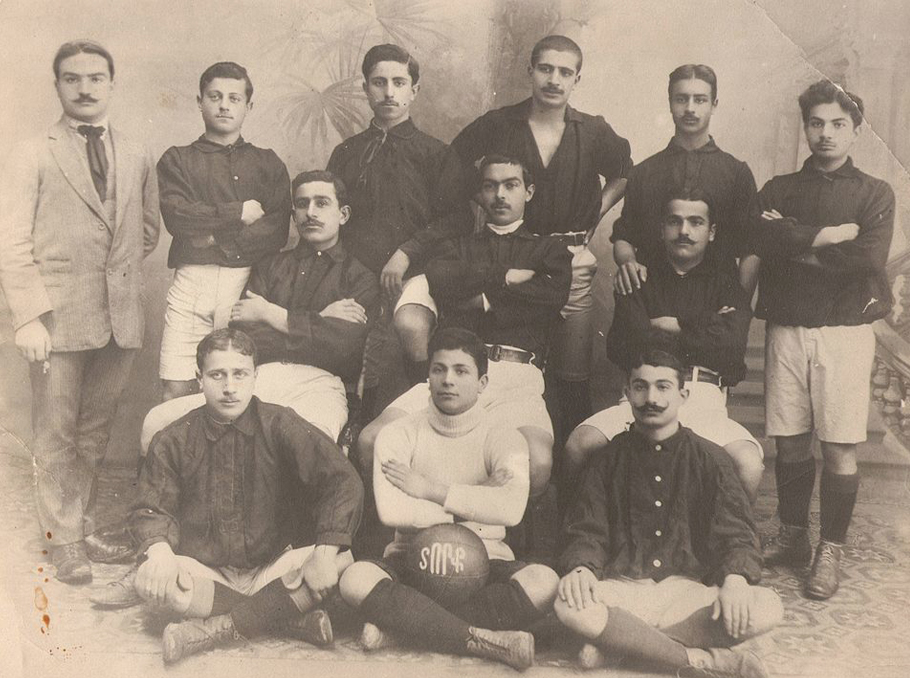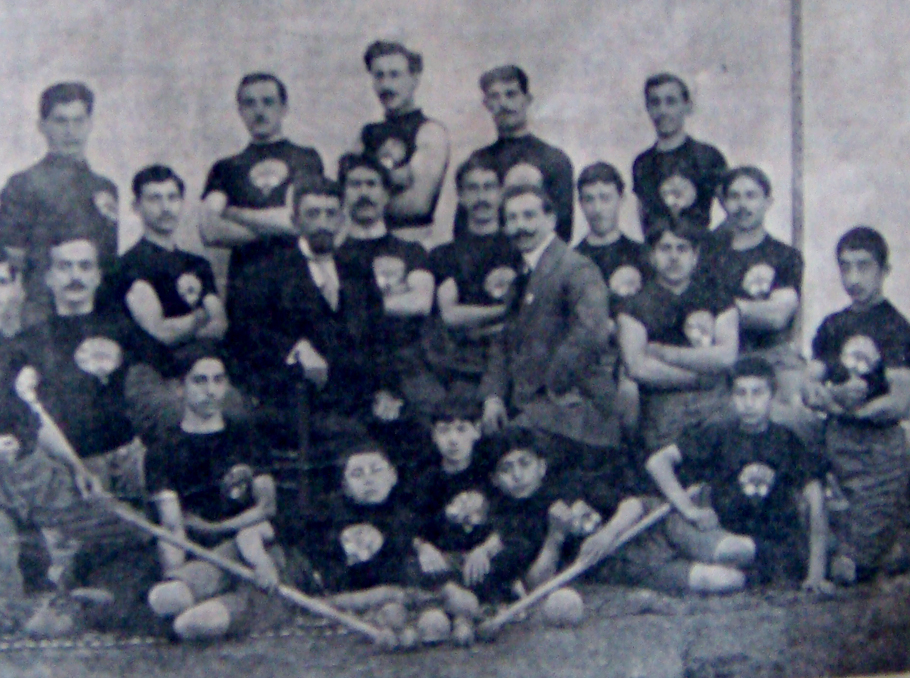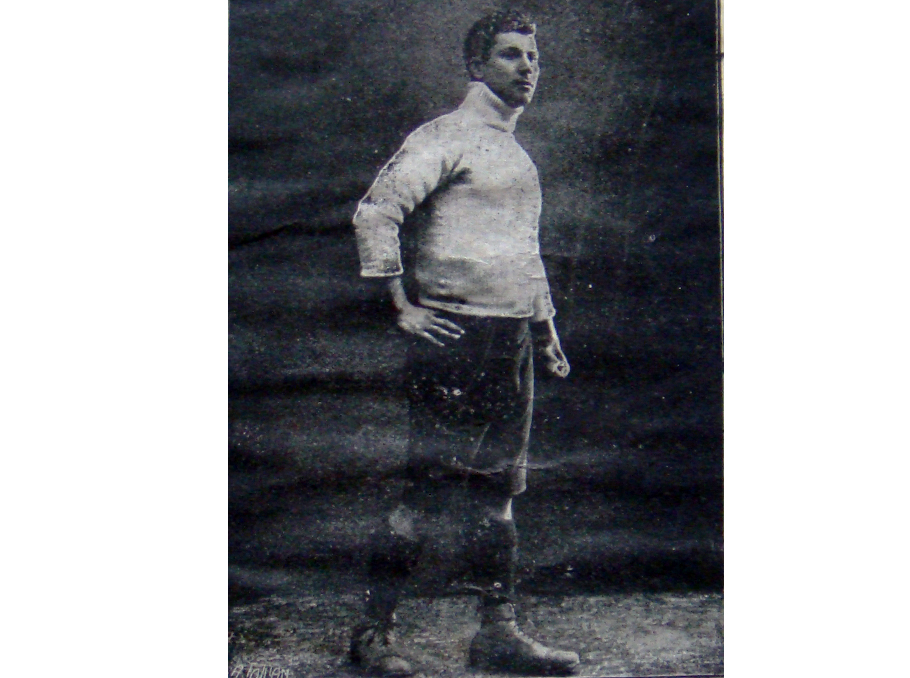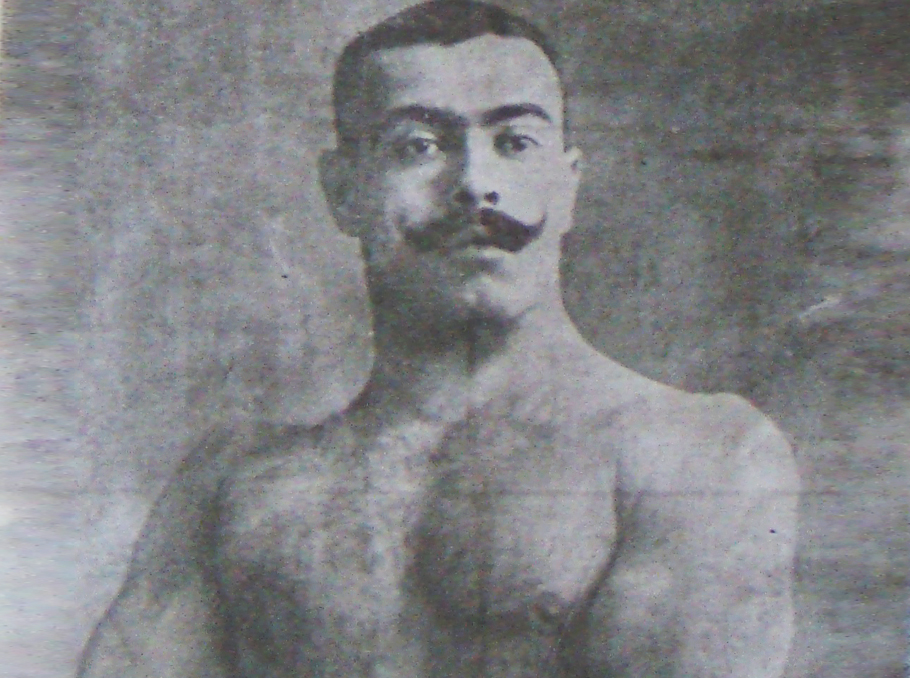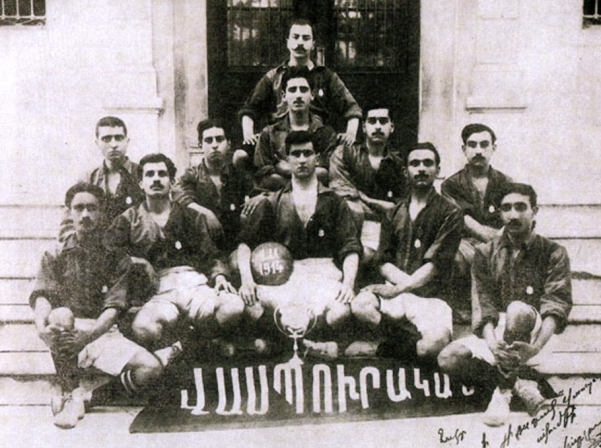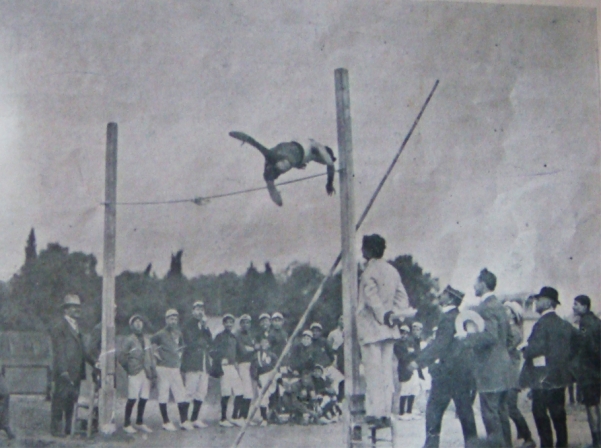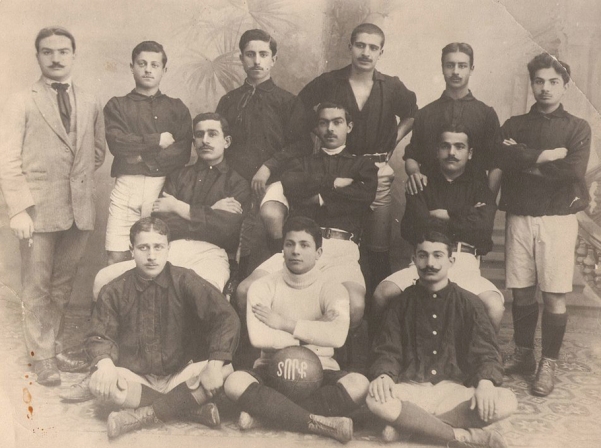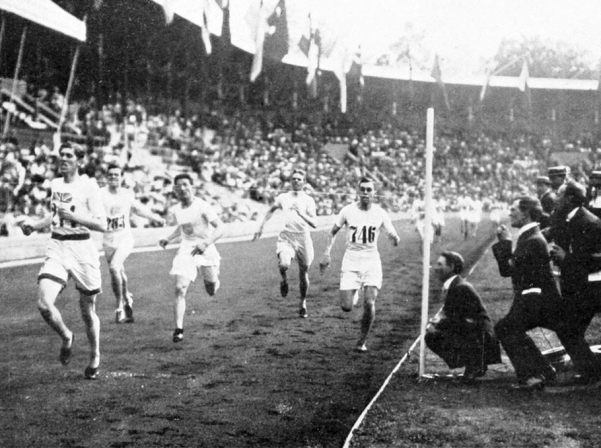Armenians were the best athletes of the Ottoman Empire, although sporting events were banned in the Empire during the rule of Abdul Hamid II.
Sports were played in mainly French and American educational institutions owing to which national minorities, among them Armenians also had a chance to become more skilled in sports and make progress.
Ahead of the Armenian Genocide Centennial, Mediamax Sport continues to present the “Armenian Athletes and the 1915” series, which reflects on the input of the Armenian athletes in sports in the Ottoman Empire.
The sports movement of the Armenians embraced the entire Empire
Armenians were engaged in sports in the entire territory of the Ottoman Empire; however, the sports life was most active in some of the largest cities.
Certainly, Constantinople was the sports center. As early as in 1853, the city’s education council highlighted the importance of sports in the Armenian educational institutions.
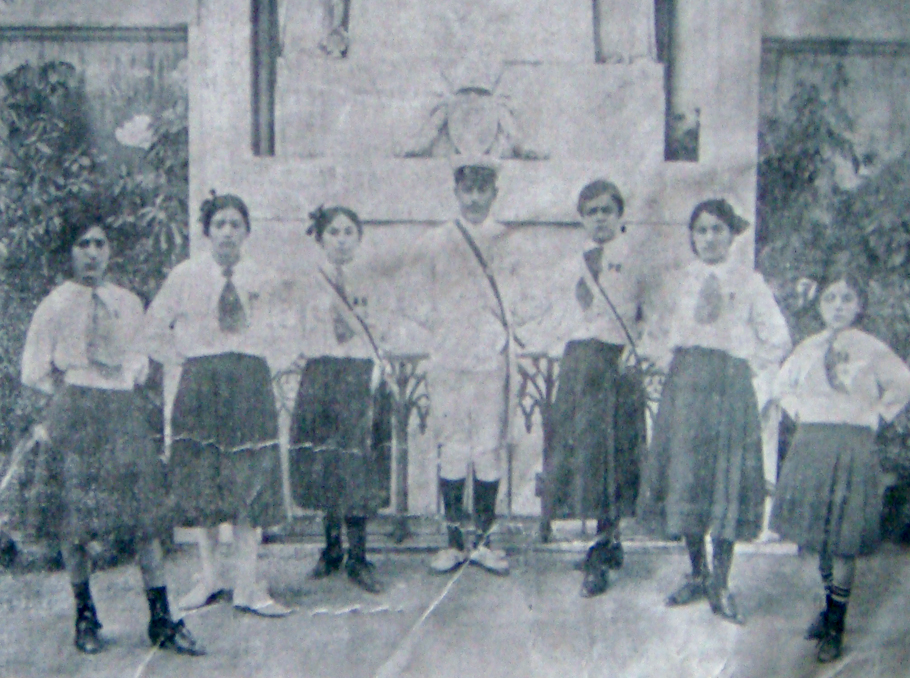 The best gymnasts of Poghosyan College in Alexandria
The best gymnasts of Poghosyan College in AlexandriaPhoto: “Marmnamarz” periodical
Armenians in Smyrna were engaged in sports as early as the Hamidian era and mainly played for football teams comprised of different nationalities. In due course, Armenian clubs were also set up and on their basis the “Armenian Hunters’ Club” was established.
Within a short period of time the sports movement expanded to the provinces (Karin, Van, Hachen, Zeytun, Sebastia and Urfa) as well. The interest towards other sports such as basketball, athletics and cycling, also increased among Armenians.
Armenian football clubs were among the strongest
Football was the most widespread and popular sport among Armenians. Armenians were captured by it, and in Constantinople alone there were around 40 football clubs during World War I.
The first Armenian football club was set up in Smyrna back in 1900. Afterwards, the football “fever” disseminated into the entire Empire.
The Armenian clubs were well organized and abode by clear regulations. They paid notable importance to the uniform, too. Almost all teams had uniforms with logos of their clubs.
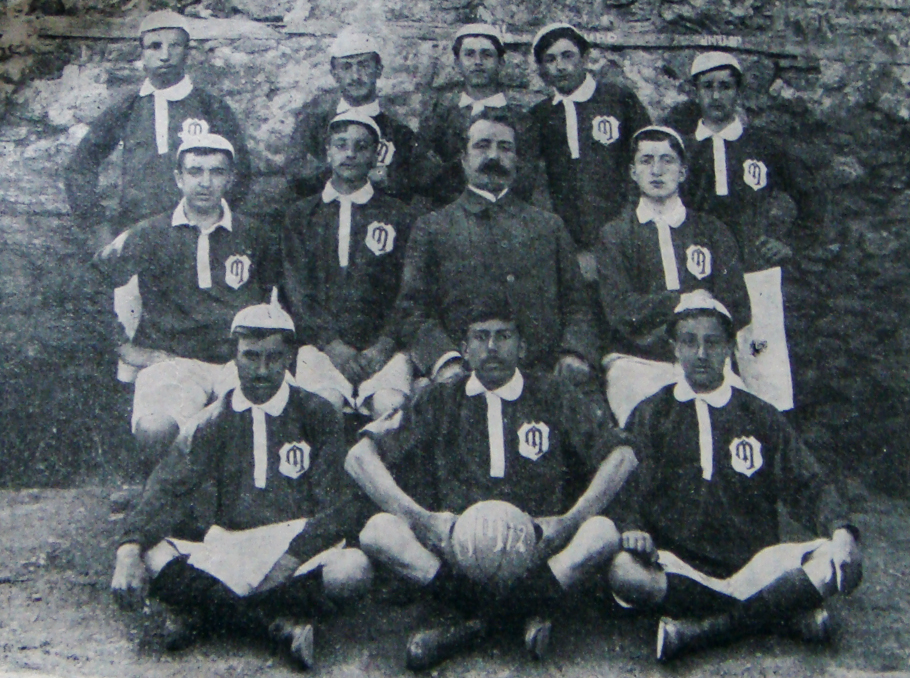 The football team of Perperian College
The football team of Perperian CollegePhoto: “Marmnamarz” periodical
Along with the increased number of Armenian clubs, “Marmnamarz” sports magazine started fulfilling the idea of a football league in Constantinople.
According to editor of “Marmnamarz” Shavarsh Krissian, there were only 2-3 football clubs in the initial period of the magazine’s publishing, however, six months later their number reached 18 and the creation of league became an agenda.
Shavarsh Krissian believed that the establishment of the National League was meant to maintain ongoing relations between all the Armenian clubs, organize mutual contests and make an aspect of pride regarding the foreigners.
“Marmnamarz” managed to unite the Armenian clubs of Constantinople around the idea. Upon mutual agreements and based on their capacities, the first and second leagues were founded. A number of teams were involved and according to the periodical, the struggle for championship was always tough.
Although the Sultan regime regularly banned football, Armenians kept commitment to their favorite game.
Pioneers of advancement and dissemination of sports
Many Armenian athletes gave preference to Olympic sports (running, swimming, javelin throw and athletics). They were mainly alumni of the American Robert College in Constantinople and the French High School in Galatasaray.
Along with studying, they were achieving notable results in sports. Vahram Papazian, Mkrtich Mkryan and Martiros Guyumchyan were among the standing out athletes. In 1912, “Tork” club held cycling, tennis and swimming tournaments. Vahram Shirinyan, multiple gold medalist of Turkey, won the tennis tournament, and Vagharshak Varzhapetyan and Ashot Papazian were the best in cycling.
In June 1911, Araqel Hambardzumyan, won the field tournament of the American College and also earned the champion’s title that year. He also received an individual prize and the athlete’s name was inscribed on the Metal Heart.
Armenian students who had studied abroad notably contributed to the Armenian sports life - among them were Shavarsh Krissian, Grigor Hakobyan and Vahan Cheraz.
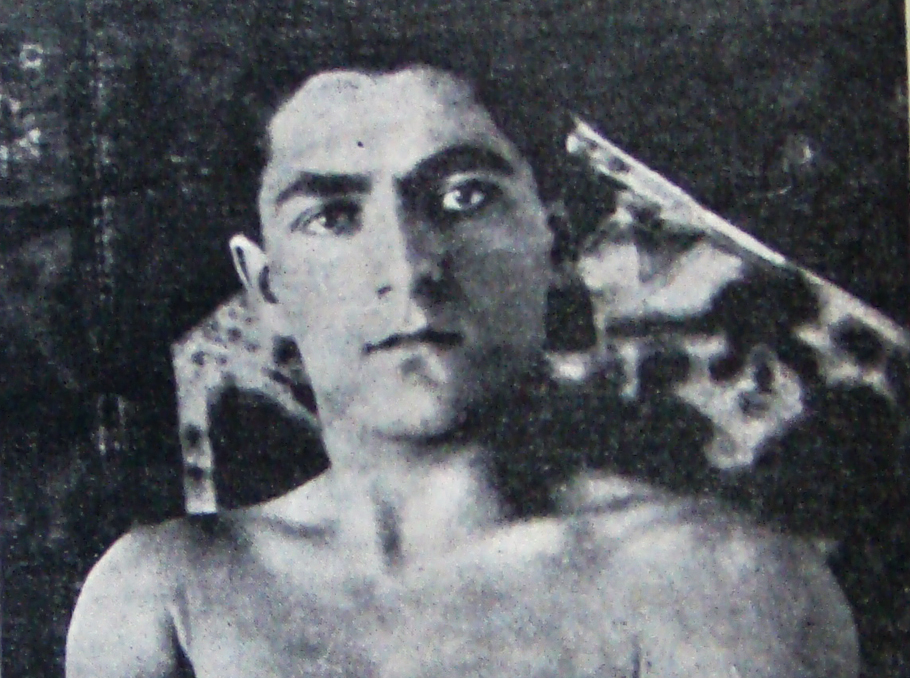 Zabughon Galustean
Zabughon GalusteanPhoto: “Marmnamarz” periodical
The pioneer sports periodical which became a beacon
“Marmnamarz” sports periodical published by Shavarsh Krissian since 1911 played an enormous role in the development and consolidation of the Armenian sports life. It was the first sports magazine in the Ottoman Empire. The periodical ceased its publication in 1914 and Shavarsh Krissian became a victim of the Armenian Genocide.
Runner Vahram Papazian who took part in the Olympics in Stockholm highly valued the role of “Marmnamarz” in the propagation of sports. He sent a letter to the periodical saying: “Honorable Editor-in-Chief of "Marmnamarz". Your work serves to the nation and contributes to filling in a large gap”.
In his letter, Vahram Papazian urged to follow the example of the Greeks and establish sports clubs under the aegis of reliable people.
Hasmik Babayan, Gohar Nalbandyan
The article features quotes from “Marmnamarz” periodical and the following books - “Armenian Sports and Physical Education in the Ottoman Empire” by Hayk Demoyan and “The Input of Armenians in the Ottoman Empire” by Hasmik Stepanyan.












